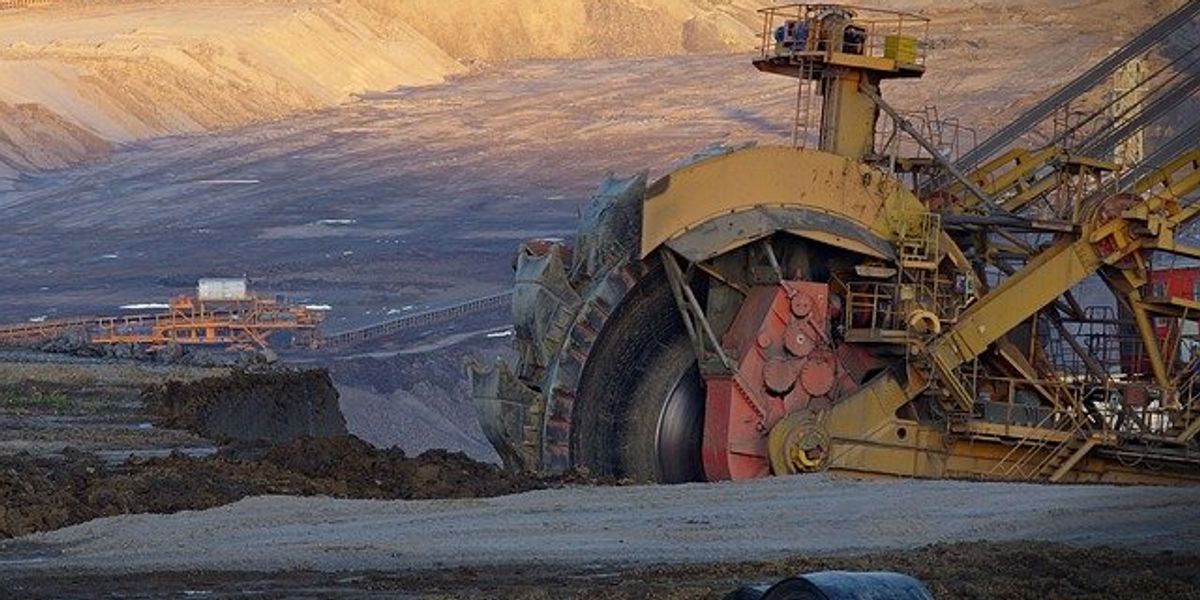lax enforcement
New right-to-repair laws put Big Tech under scrutiny
In three states, consumers can now legally fix their own gadgets, but tech giants have been slow to comply with these new right-to-repair laws.
In short:
- Right-to-repair laws in New York, Minnesota, and California require tech companies to provide access to repair manuals and parts, but many are lagging in compliance.
- Some companies, like Sony, are slowly releasing repair materials, while others, such as Apple, face criticism for restrictive practices like parts pairing.
- Advocates argue these laws are crucial to reducing e-waste and promoting sustainability, though full compliance is still uncertain.
Key quote:
“Even companies that are complying, their customer service people … haven’t gotten the message.”
— Nathan Proctor, co-author of the PIRG report.
Why this matters:
The idea behind these laws is simple but revolutionary—stop tossing out gadgets the moment they malfunction. We're drowning in e-waste, and it's not just unsightly; it's toxic. Read more: Electronic waste from just this year will outweigh the Great Wall of China.
British Columbia's handling of hazardous spills falls short, audit reveals
British Columbia's preparedness for hazardous spills is inadequate, with outdated response plans and insufficient compliance oversight, an audit finds.
Amanda Follett Hosgood and Andrew MacLeod report for The Tyee.
In short:
- The audit highlighted that B.C.'s spill response plans are not current, there's a lack of procedures for identifying non-compliance, and First Nations are not consistently informed of spills.
- Nearly $14 million in costs from spills remains unrecovered, mainly from the bankrupt Neucel pulp mill, with the government only recovering a fraction of non-Neucel related costs.
- The Ministry of Environment has accepted nine recommendations from the audit, aiming to improve the province's management of hazardous spills.
Key quote:
"The program is designed for there to be consequences, but those responsible for spills don’t comply with the law."
— Michael Pickup, B.C. auditor general
Why this matters:
This audit reveals significant gaps in British Columbia's preparedness and response to such incidents, underlining the need for urgent reforms to safeguard communities and ecosystems from potential disasters. Effective management of hazardous spills is crucial for protecting public health and the environment.
Chemours and DuPont's knowledge of PFAS risks leads to UN intervention
A United Nations human rights panel has spotlighted a North Carolina PFAS plant for its environmental negligence, highlighting the ongoing production of toxic chemicals despite known health risks.
In short:
- The UN panel accuses Chemours and DuPont of continuing PFAS production in North Carolina, ignoring the chemicals' toxic impacts on health and the environment.
- Regulatory bodies, including the U.S. Environmental Protection Agency, are criticized for being overly influenced by these corporations, undermining efforts to regulate PFAS effectively.
- Despite corporate denials and claims of responsible manufacturing, the UN calls for global action to address the harmful effects of PFAS chemicals on communities worldwide.
Key quote:
“This does need to be a global fight. These are forever chemicals.”
— Emily Donovan, co-founder of Clean Cape Fear
Why this matters:
PFAS, a.k.a. "forever chemicals," persist in our global ecosystem and have had an adverse impact on global health since their inception. Scientists are scrambling for effective solutions to this ubiquitous toxic scourge and we are reminded that "forever" is a long time.
Kentucky House passes bill limiting power of Louisville's air pollution authority
Jane Muncke: "Perils of Plastic Packaging”
On this episode, toxicology scientist Dr. Jane Muncke joins Nate to discuss the current state of food production and the effects of ultra processed foods and their packaging on our health.
‘Major’ problem in Texas: How big polluters evade federal law and get away with it
Clairton Coke Works’ air quality permit draws EPA objection
The Environmental Protection Agency objected to an air quality permit issued to U.S. Steel's Clairton Coke Works, a move advocates say will protect Mon Valley residents from emissions of harmful air pollutants.



















